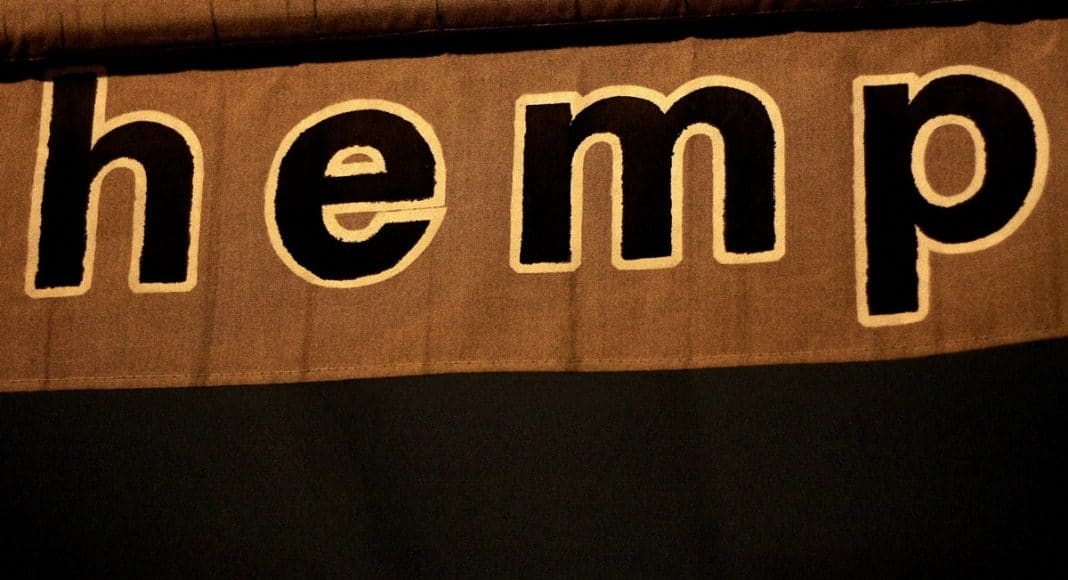There is a lot of confusion among cannabis consumers about CBD found in industrial hemp. Is it the same as medicinal marijuana? Will I flunk a drug test if I consume hemp-based CBD?
These questions and others are addressed here by Project CBD:
Does it matter if CBD is extracted from cannabis or industrial hemp?
We recommend CBD-rich products made using only organic, whole plant cannabis because this offers the best safety profile and superior medicinal benefits. CBD products derived from industrial hemp potentially have several potential problems: Industrial hemp typically contains far less cannabidiol than CBD-rich cannabis strains, so a huge amount of industrial hemp is required to extract a small amount of CBD. This raises the risk of contaminants as hemp is a “bio-accumulator,” meaning the plant naturally draws toxins from the soil. Additionally, hemp-derived CBD and refined ‘pure’ CBD powder lack critical medicinal terpenes and secondary cannabinoids found in cannabis oil. These compounds interact with CBD and THC to enhance their medicinal benefits.
I have heard that CBD is the dominant cannabinoid in hemp plants. Can I just smoke or ingest hemp or ditch weed to get the healing effects of CBD?
It is true that hemp fiber or seed strains will be relatively high in CBD compared to THC, but the overall cannabinoid content of industrial hemp will probably be low. Industrial Hemp is genetically bred to produce fiber for various products or seed for omega oil and nutritional supplements. Industrial hemp is generally not bred for resin production. Without selective breeding for CBD content, CBD yields from hemp are likely to be low.
Will I flunk a drug test if I medicate with CBD-rich cannabis?
Yes, you may fail a drug test even if you experience no mood-altering affects from your CBD-rich medicine. Drug tests are geared toward identifying THC, not CBD or another cannabinoid. If one medicates with CBD-rich cannabis that has a small amount of THC, the THC may register on the drug test.
If CBD is non-psychoactive, does that mean it is legal?
Cannabidiol and all other plant cannabinoids are Schedule I drugs in the US (per code 7372). So, technically, CBD is forbidden in any form (as an isolate or plant-based derivitive) in the states despite its lack of addictive potential and strong safety profile. In other words, although CBD is not psychoactive, it is still illegal in the eyes of the federal government. That said, there are exceptions. American scientists with a DEA license in some cases are permitted to experiment with pure synthetic CBD.
- Related Story: The Only CBD User’s Manual You Need
Some online businesses falsely claim that CBD oil derived from industrial hemp grown abroad is legal in all 50 U.S. states, as long as the THC content of this oil is less than .3 percent (in accordance with federal rules regarding industrial hemp products). Currently, it’s against federal law to use hemp leaves and flowers to make drug products. Hemp oil entrepreneurs attempt to sidestep this legal hurdle by claiming they extract CBD only from hemp stalk before importing it to the United States, a grey area activity at best. Although the FDA has issued warning letters against some CBD hemp oil companies for making false claims about their products, thus far the federal government has not take action to halt these illegal business operations. The situation is different in Europe, where CBD is not a controlled substance.
This article was originally posted on Project CBD.org.


